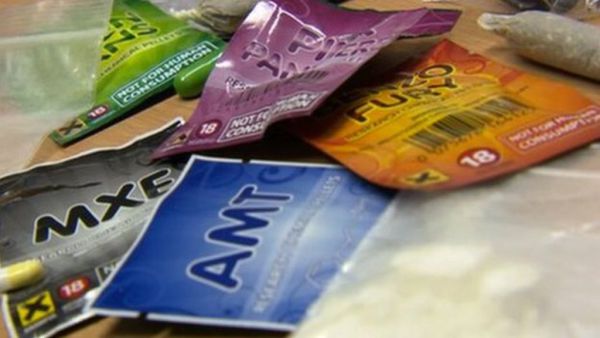There are many different things that occupy Trading Standards teams and you may think that spending time and resources monitoring sales of legal products to be a waste of their time. However, it should be noted that “legal highs” are a product type that are very much unique and changing laws means that Trading Standards are likely to be far more engaged with this product than they have been in the past.
Trading Standards officers in Birmingham have been working closely with police officers from the West Midlands Police and a total of 21 shops in the local area have been visited. These visits were undertaken after intelligence suggested that the stores were selling New Psychoactive Substances, or NPS. These products are said to provide similar effects to cocaine, ecstasy and cannabis.
You can see why the name “legal highs” is not quite suitable for these products and terminology like NPS may help to change public opinion about these products. There is no denying that if you were to ask the average person in the street their opinion on legal highs, the majority of people wouldn’t see the issue with them. After all, if these items are legal, they surely can’t be that bad for people and given that cigarettes and alcohol are freely available, you’ll find that even if people don’t know what these products are, they won’t be instantly against them.
Friendly Names Make Legal Highs seem a Safe Product
At the moment these products with names like Bliss, Mary Jane and Clockwork Orange can be sold but this is all set to change from April of 2016 in the United Kingdom. There will be changes to the law which means that this will now be an offence, which should have an impact on the level of use in the UK.
Back in 2009, a total of 9 people died with the case of death being linked to taking NPS but in 2012, this figure stood at 97, a massive increase. This means that there is a need to be aware of these products and it is wrong to assume that they are safe to take just because they are legal to sell at the moment.
Do you know what you are taking?
A Birmingham Public Health specialist said that these legal high products were not controlled and in many cases, these products contained substances that were actually illegal. The same expert also likened these products to playing a game of Russian Roulette with your life. The biggest thing to take away from the advice being provided is that if you are unaware of what a product consists of, you shouldn’t be looking to buy it or use. There is also the fact that a number of legal high products are sold with other uses in mind in order to avoid legal problems. Legal high products have been classed as plant food, salt and even incense.
Once these changes have fully come into effect, this is likely to be another area of work that keeps Trading Standards teams around the country busy. Given that many local stores sell a lot of these items, they will not be keen to give up a profitable revenue stream. Life is difficult for people and a wide range of businesses and a business that has concerns about their long-term future may decide to try and keep selling these products in order to maintain a level of income.
As has been seen across the country, there are plenty of stores that have no issues in selling tobacco or alcohol products to people who are underage or products which are not legally allowed to be sold. Some of these products are brought into the UK illegally, meaning that tax hasn’t been paid on them but there are also some products that are produced by bootleggers. There is a great deal of concern and worry over these products because they may cause considerable harm to people taking them. Anyone who is taking NPS are recommended to retain the packaging as this will help medical staff to understand what the product contains.
With changes in the law regarding legal highs taking place in 2016, it is likely that defence solicitors will find themselves spending more time dealing with people and these products.
Andrew Reilly is a freelance writer with a focus on news stories and consumer interest articles. He has been writing professionally for 9 years but has been writing for as long as he can care to remember. When Andrew isn’t sat behind a laptop or researching a story, he will be found watching a gig or a game of football.

